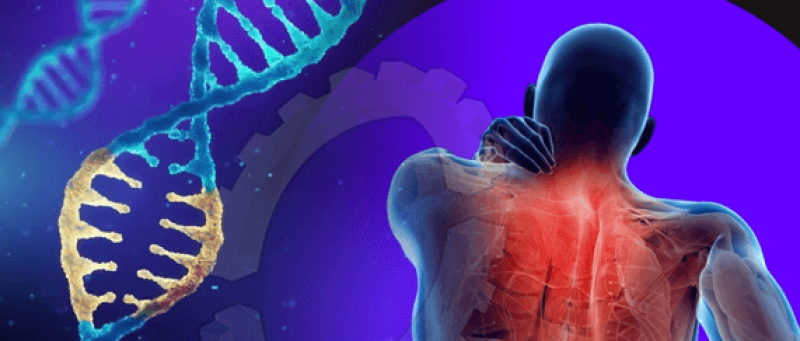In experiments on laboratory mice, researchers found that temporarily repressing a gene involved in sensing pain increases pain tolerance, lowers pain sensitivity and provided months of pain relief without causing numbness. Their findings were published in the journal Science Translational Medicine.
“What we have right now does not work,” said first author Ana Moreno, PhD, CEO ofNavega Therapeutics, which is developing gene therapies to treat chronic pain. “There’s a desperate need for a treatment that’s effective, long-lasting and non-addictive.”
Moreno was grad student at UC San Diego studying gene repression when she came across a paper about a genetic mutation that causes humans to feel no pain. The mutation blocks a protein — called NaV1.7 — that’s involved in transmitting pain signals in the spinal cord.
That’s when she came up with the idea of suppressing the gene using the CRISPR gene editing tool. Moreno was working with a version of CRISPR that uses what’s called “dead” Cas9, which lacks the ability to permanently cut DNA.
“By targeting this gene, we could alter the pain phenotype,” Moreno explained. “It’s not cutting out any genes, so there are no permanent changes to the genome. You wouldn’t want to permanently lose the ability to feel pain.”































